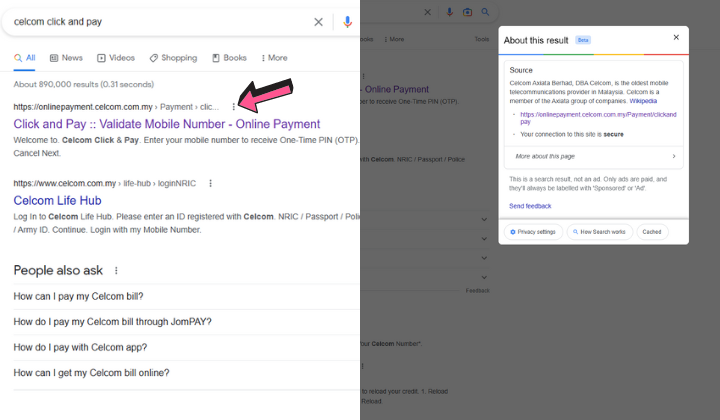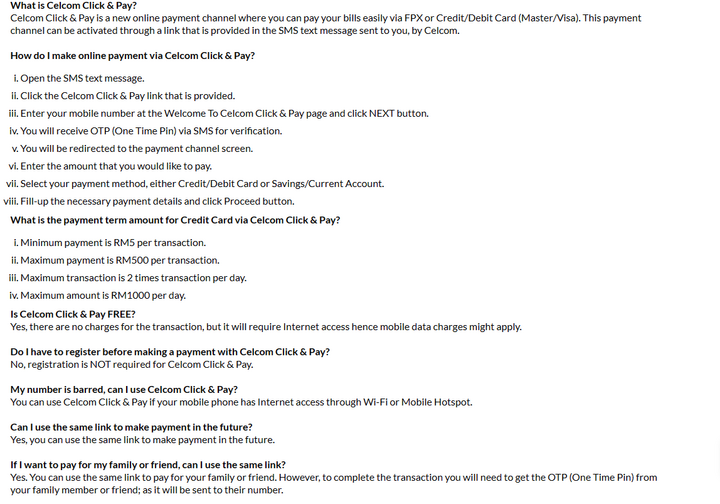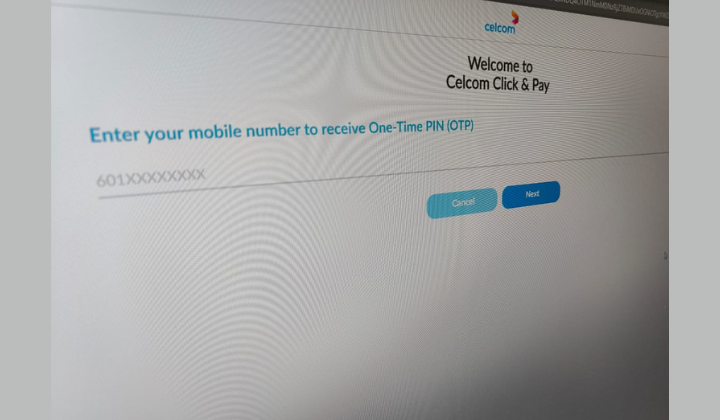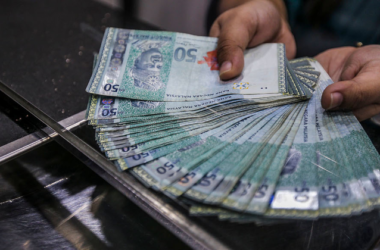Online scams are fraudulent schemes that are designed to steal money or personal information from unsuspecting individuals. These scams can take many forms, such as phishing emails, fake websites, or social media messages. They often use compelling or urgent language to try to convince the victim to take a certain action, such as clicking a link or entering their login information.
One guy on Twitter claimed that he has encountered an alleged site pretending to be Celcom.
He claimed that a link to a Celcom Click & Pay site, which is used to pay phone bills, is fake and a scammer is behind the link. Also, he claimed someone called him at 11pm asking for a Transaction Authorisation Code (TAC) from him. Other than providing the screenshots above, he didn’t provide any other additional details.
However, another Twitter user stepped in later and said that the link given by the netizen is not a scam and it’s easy to find out how.
When he checked the Secure Sockets Layer (SSL), he found out that the site is genuine and associated with Celcom.
What is SSL? According to this website:
It’s the standard technology for keeping an internet connection secure and safeguarding any sensitive data that is being sent between two systems, preventing criminals from reading and modifying any information transferred, including potential personal details.
You can easily check the authenticity of a page by clicking on the ⋮ icon, next to a page link.

When we checked Celcom’s FAQ, we found out that Celcom Click & Pay is indeed real and it’s one of the payment options.

The guy is worried, and we can see why. One can never be too careful because there are so many incidents of online scams these days.
It’s important to be vigilant and cautious when interacting with unfamiliar people or organizations online, as they may try to steal money or personal information through various means such as phishing emails or fake websites. It’s always a good idea to verify the authenticity of any requests for personal information or money before responding.










